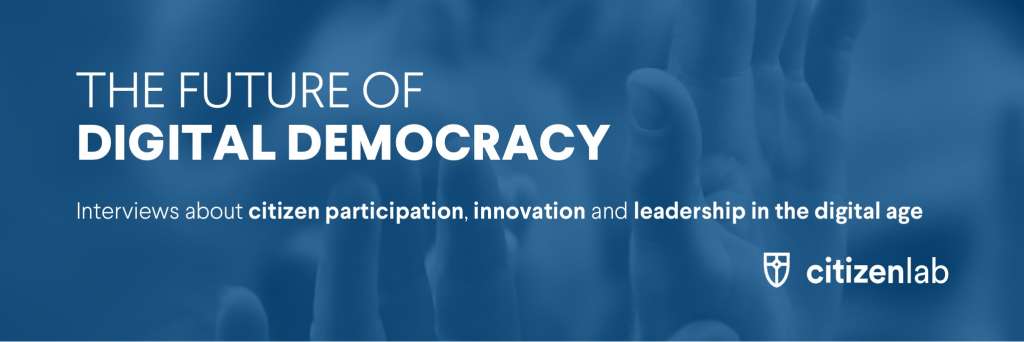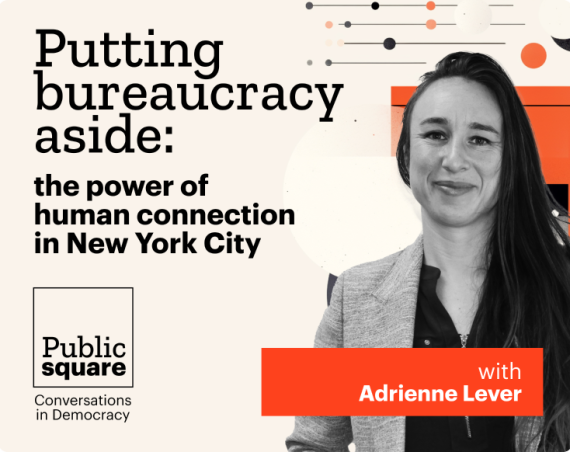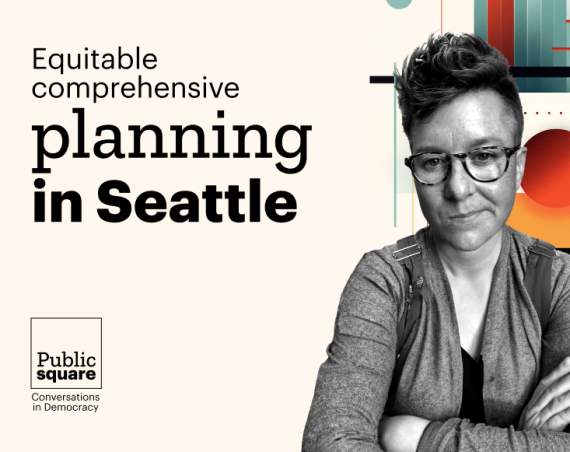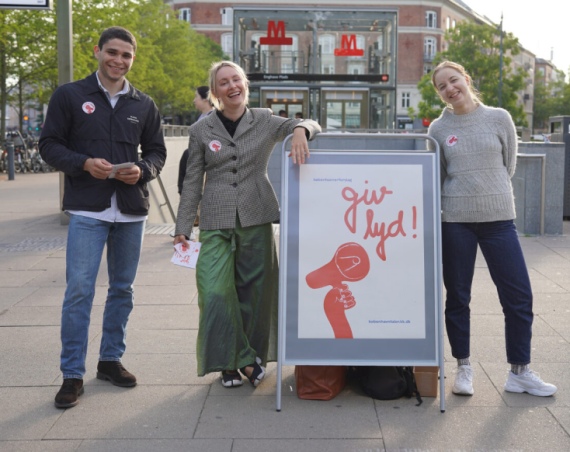This interview is part of a series of 12 expert interviews on the future of digital democracy. You can read the full white paper with interviews here.

Elisa Lironi is the Senior Manager European Democracy, working at the European Citizen Action Service (ECAS) since 2015. She develops and leads ECAS’ European Democracy focus area by implementing EU projects and research studies related to Digital Democracy, Online Disinformation and Populism. She is currently part of the team working with Secretariat-General of the European Commission on developing and implementing the European Citizens’ Initiative Forum. Her most recent publication is “Harnessing Digital Tools to Revitalize European Democracy” for Carnegie Europe (2018).
CitizenLab – “What is the biggest achievement of European Citizens’ Initiatives (ECI)?”
Elisa Lironi – “The ECI is the first transnational tool of its kind. The mechanism is officially institutionalized via the Lisbon treaty and through the implementation of the ECI regulation. Moreover, it allows citizens from different member states to collaborate on a policy they have at heart and gives them a tool to put something on the agenda of the European Commission. The focus is on giving citizens a voice and influence on EU policy-making, which is a big achievement. It’s good to realize that getting to this point is the result of a lot of work by civil society organizations. The fact that the Commission and other EU institutions even reached an agreement on the creation of the tool is actually already an achievement in itself.”
C – “Are citizen initiatives effective in setting the agenda?”
EL – “Until now, around six European Citizens’ Initiatives have reached the threshold [officially 4 ECIs were recognised by European Commission until now], which is established at a minimum of 1 million signatures from at least 7 different countries. Unfortunately, the truth is that, even after all these years, the European Commission has never initiated legislative procedure on any of these ECIs. However, this does not mean at all that the ECIs have no impact whatsoever. We’ve seen parts of initiatives being used to revise EU directives or some have had an impact on national or local policies. A clear example of this was the Right to Water initiative, which resulted in a lot of debate in Italy about the privatization of water.
I believe the power of citizens’ initiatives is that it’s one of the participatory mechanisms that you see working at all levels – transnational, national and local. They’re different from basic e-petitioning platforms as governments have agreed to the legislative framework that surrounds them. In Latvia and Finland, for instance, national citizens’ initiatives that reach the set threshold have to be debated in parliament.
It’s not that straightforward on the EU level, where initiatives have to pass the Commission before being sent to Parliament. Moreover, initiatives need to take into account the cultural sensitivities of all member states and making inclusive translations can be difficult. But, at the end of the day, the framework does work and we have even seen a new record of registered ECIs in 2019! Most of these initiatives were climate-focused. Despite its complexity, people haven’t stopped using this tool. The increasing number of initiatives actually shows that citizens see the value of policy collaboration at the transnational level.”
C – “How should the ECI still improve?”
EL – “2020 will be a turning point as it’s the year where the new ECI regulation will be implemented. Since the tool was launched, this is the first time the regulation has been completely revisited and revised. The changes mark a new era as the tool will be made much more user-friendly, and both the website and ECI forum are getting a revamp. For the past two years, the ECI forum was solely a pilot project but the new regulation installs it as a formal platform to support organizers in running initiatives.”
“Despite its complexity, people haven’t stopped using this tool.”
Elisa Lironi
C – “What are the current challenges for digital citizen participation?”
EL – “One of the main hurdles for digital citizen participation is definitely the digital divide. Although more and more generations in Europe are familiar with technology, it’s good to keep digital tools complimentary to offline methods as some are still more comfortable with these channels. There are also other serious challenges that digitizing participation brings about, like the way people get their information and or the gradual polarization of opinions and discussions. When people rely on digital channels for information, there is the risk of them ending up in echo-chambers.
The only way to ensure people are immune to opinion filters is to increase knowledge about the way social and online media are structured. ECAS [European Citizen Action Service] has been strongly supporting more digital education in schools to help younger generations understand not only democracy and participation, but also social media algorithms. It’s important citizens understand that these algorithms filter information, which means they’re not always reflective of reality. I think civil society can also play a role in raising awareness of certain issues by being active in representing citizens with different viewpoints.”
“MEPs are representatives and should be openabout the work they’re doing for citizens.
Elisa Lironi
C – “What digital innovations should be harnessed more in the European Union in the future to further improve the democratic processes?“
EL – “Once the new ECI regulation is implemented, we’ll have to re-assess the user-friendliness and impact of the ECIs. The ECI is only one way in which we can have participatory democracy and e-participation in the EU. To go towards more participatory democracy, we need to increase the use of digital channels.
In a report I wrote for the European Parliament, I interviewed several Members of the European Parliament (MEPs) who used e-platforms and e-participation to communicate more transparently with their constituents. They posted their draft European Parliament reports online, allowing their constituents to openly amend the text or vote on sentences with which they agreed. I thought this was very interesting – at the end of the day, MEPs are the representatives of the citizens who elect them and should, therefore, be open and transparent about the work they’re doing for these citizens. Technology allows them to reach out to their constituents who aren’t in Brussels but at home.
What also could be harnessed more are crowdsourcing mechanisms at different phases in the policy process. Citizens can currently contribute to online public consultations, but most of these are highly technical – and only involve citizens almost at the end of the legislative procedure. At ECAS we have been striving to also install crowdsourcing at the beginning of the process so that citizens can contribute broader opinions before matters get too complicated. This type of crowdsourcing works in parallel with more technical online public consultations that specifically made for stakeholders.
What’s certain is that none of the three current EU formal channels in place – the European Citizens’ Initiative, the online public consultation, and e-petitions – truly allow citizens to co-create legislation with policymakers. Crowdsourcing is definitely one of the future mechanisms that should be implemented at some point, but opening up legislative processes and increasing collaboration with citizens is going to take a lot of political will.”
This conversation is part of a series of 12 expert interviews on the future of digital democracy. You can read the full white paper here.






